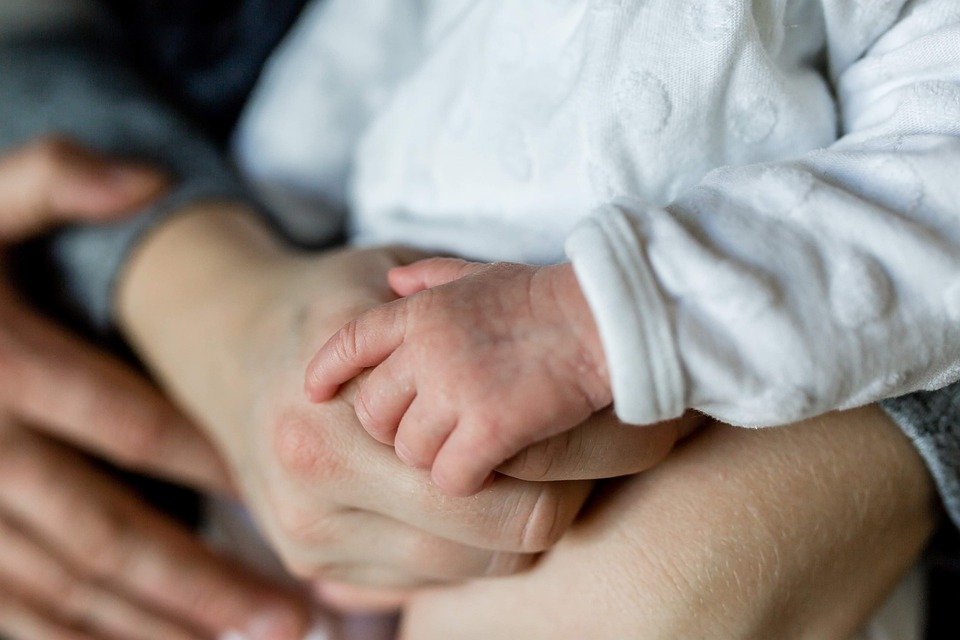
Rosacea is a common skin condition that affects millions of people worldwide. It is characterized by redness, flushing, and visible blood vessels on the face, as well as acne-like bumps and pustules. While there is no cure for rosacea, there are several ways to manage the symptoms and keep your skin looking clear and healthy. In this article, we will discuss five essential rosacea care tips for clearer skin, as well as answer some frequently asked questions about this condition.
1. Gentle Cleansing: One of the most important steps in managing rosacea is to use a gentle cleanser that will not irritate or exacerbate the condition. Look for a mild, non-comedogenic cleanser that is free of fragrances, dyes, and other potential irritants. Avoid scrubbing or using harsh exfoliants, as this can further irritate the skin and worsen rosacea symptoms.

2. Moisturize: Keeping your skin well-hydrated is essential for managing rosacea. Look for a lightweight, oil-free moisturizer that is designed for sensitive skin. Avoid products with heavy oils or ingredients that can clog pores and trigger flare-ups. Applying moisturizer regularly can help soothe and protect the skin, reducing redness and inflammation.
3. Sun Protection: Sun exposure is a common trigger for rosacea flare-ups, so it is important to protect your skin from UV rays. Use a broad-spectrum sunscreen with an SPF of at least 30 every day, even on cloudy days. Wear a wide-brimmed hat and seek shade during peak sun hours to further protect your skin. Additionally, consider using a mineral-based sunscreen that contains zinc oxide or titanium dioxide, as these ingredients are less likely to irritate sensitive skin.

4. Avoid Triggers: Identifying and avoiding triggers that worsen your rosacea symptoms is key to managing the condition. Common triggers include spicy foods, alcohol, hot beverages, extreme temperatures, and stress. Keep a diary to track your symptoms and identify patterns that may be linked to specific triggers. By avoiding these triggers, you can help prevent flare-ups and keep your skin looking clearer.
5. Consult a Dermatologist: If you are struggling to manage your rosacea symptoms on your own, it is important to seek help from a dermatologist. A dermatologist can provide a proper diagnosis, recommend appropriate treatments, and help you develop a personalized skincare routine. They may prescribe topical or oral medications, laser therapy, or other treatments to help control your symptoms and improve the overall appearance of your skin.

FAQs:
1. Is rosacea a curable condition?
No, there is currently no cure for rosacea. However, with proper management and treatment, you can control your symptoms and keep your skin looking clearer.
2. Can rosacea be prevented?
While rosacea cannot be prevented, you can reduce your risk of flare-ups by avoiding triggers, protecting your skin from sun exposure, and following a gentle skincare routine.
3. Are there any specific foods that can worsen rosacea symptoms?
Some people find that spicy foods, alcohol, hot beverages, and certain food additives can trigger rosacea flare-ups. Keeping a food diary can help you identify which foods may be exacerbating your symptoms.
4. Can rosacea be treated with over-the-counter products?
While over-the-counter products can help manage mild cases of rosacea, it is best to consult with a dermatologist for proper diagnosis and treatment. They may prescribe prescription medications or recommend specific skincare products to help control your symptoms.
5. Is it safe to use makeup if you have rosacea?
Yes, it is safe to use makeup if you have rosacea, but it is important to choose products that are non-comedogenic, fragrance-free, and gentle on the skin. Look for mineral-based or hypoallergenic makeup that will not clog pores or irritate sensitive skin.
6. Can stress worsen rosacea symptoms?
Yes, stress is a common trigger for rosacea flare-ups. Practicing stress-reducing techniques such as meditation, yoga, or deep breathing exercises can help manage your symptoms and keep your skin looking clearer.
7. Is it safe to exfoliate if you have rosacea?
Exfoliating can be irritating to sensitive skin and may worsen rosacea symptoms. It is best to avoid harsh exfoliants and opt for gentle cleansers and moisturizers that will not irritate or exacerbate the condition.
8. Can rosacea affect other parts of the body besides the face?
While rosacea primarily affects the face, it can also occur on the neck, chest, and scalp. If you notice redness or irritation on other parts of your body, consult with a dermatologist for proper diagnosis and treatment.
9. Can rosacea be genetic?
There is some evidence to suggest that rosacea may have a genetic component, as it tends to run in families. If you have a family history of rosacea, you may be at an increased risk of developing the condition.
10. Can rosacea be worsened by certain skincare products?
Yes, some skincare products containing harsh ingredients, fragrances, or alcohol can irritate sensitive skin and worsen rosacea symptoms. It is important to choose gentle, non-irritating products that are designed for sensitive skin to help manage your symptoms effectively.
In conclusion, managing rosacea requires a gentle skincare routine, sun protection, avoidance of triggers, and consultation with a dermatologist. By following these essential care tips and addressing any concerns or questions with a healthcare professional, you can keep your skin looking clear and healthy despite living with this chronic condition.

Discover more from Bibliobazar Digi Books
Subscribe to get the latest posts sent to your email.


